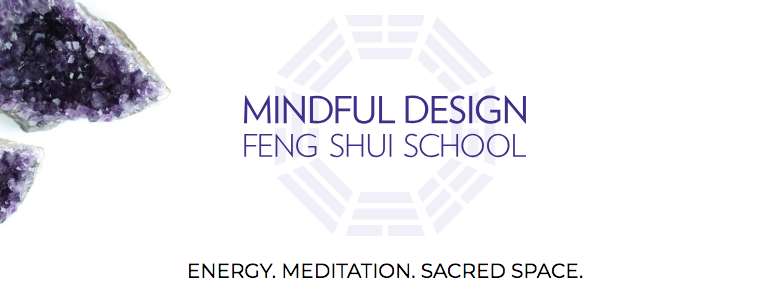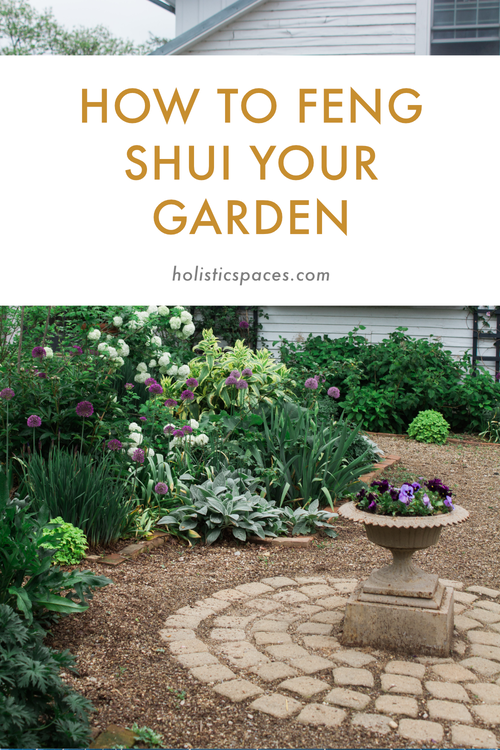Photo by Anastasia Taioglou on Unsplash
Can you talk about how water is connected to wealth and abundance?
Water is one of the five elements, or five phases, that we use as a tool in feng shui. In addition to water, the five phases include earth, fire, wood, and metal. Water is the element related to wisdom and career, as well as wealth. Your wealth and prosperity is a resource like water, and it flows like water.
I talked recently on the podcast about how fixing a leak in your home is a way of recognizing that water is a precious resource. Even one drop of water is so precious and meaningful, and we can receive a lot of teachings from that. When we take the time to care for our home, and take care of things like leaks, we also begin to consider ourselves precious and valuable. Something as simple as acknowledging a leak in your home, rather than ignoring it, and taking the time and effort to fix it, is really a way of recognizing how precious water is. This also connects to valuing the wisdom of others and our own innate wisdom, since water is connected to wisdom.
Feng shui translates to wind and water. Feng is wind, and shui is water. These are the most important elements that we need as humans to thrive. We need our breath, which is wind, and we are made up of mostly water. We need these two things in order to thrive.
I encourage you to look at how you work with the water element in your life. It could be something as simple as fixing a leak. It could also be thanking the water that you consume. We need water so much, to cleanse and hydrate our bodies. The small gesture of thanking water and acknowledging its preciousness will trickle back to how you value your own preciousness.
If you’d like to learn more about feng shui, check out Mindful Design Feng Shui School at: www.mindfuldesignschool.com






